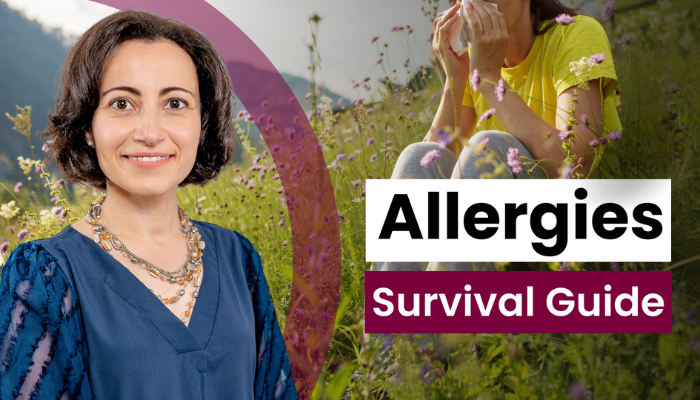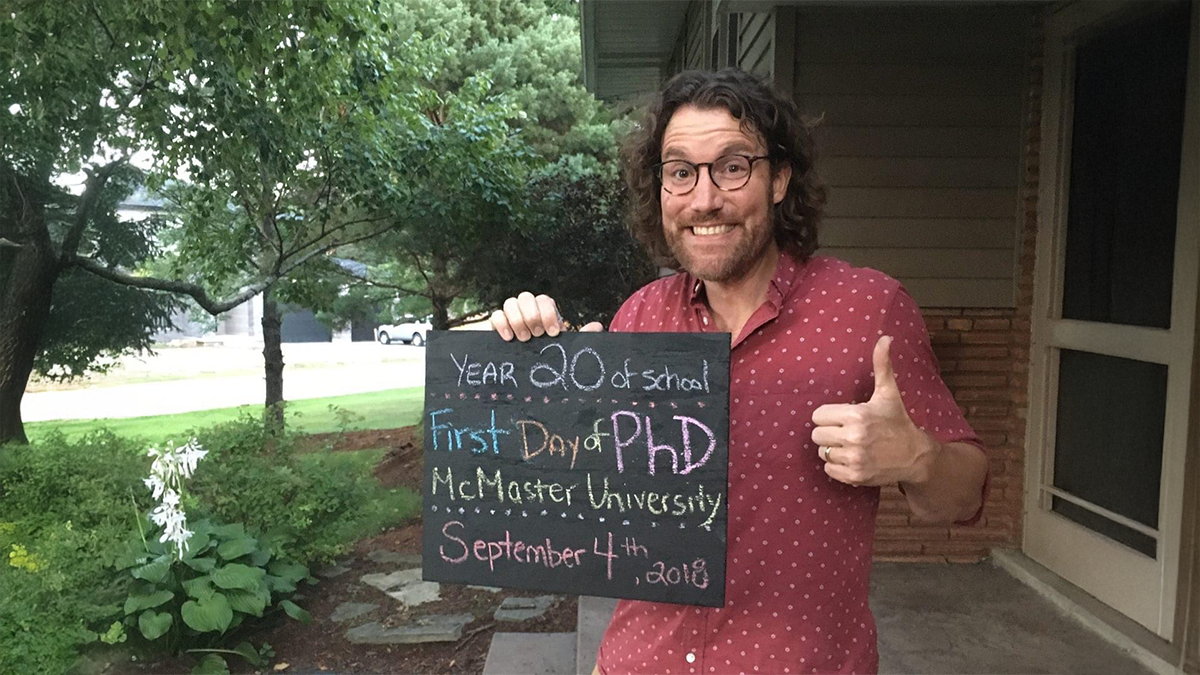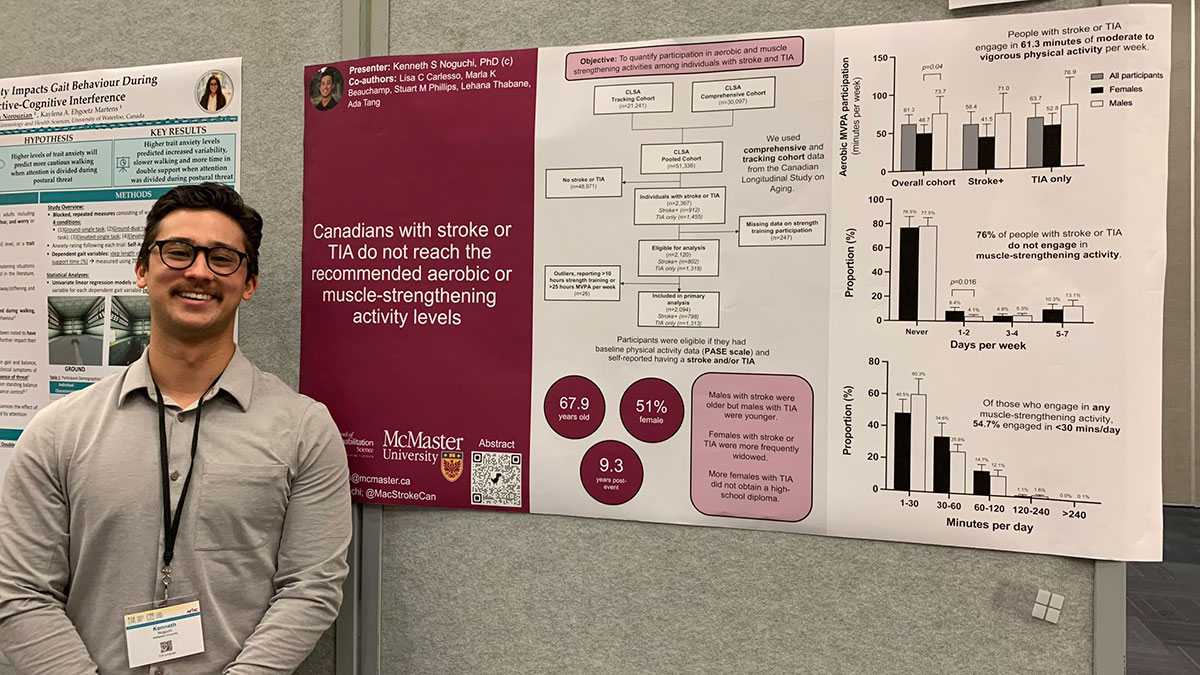Allergy season is upon us. Here’s what you need to know

Runny noses and watery eyes are a hallmark of spring for many allergy sufferers, but late summer and early autumn can be just as troublesome.
Mariam Hanna, an assistant clinical professor in the Department of Pediatrics at McMaster University, knows better than most how environmental allergies can turn a beautiful day into a real struggle.
An allergist and immunologist, Hanna says late summer and early autumn are uniquely challenging times for allergy sufferers. The culprit? Ragweed, a flowering plant that produces large amounts of pollen. In fact, ragweed is so good at producing pollen, a single plant can dispatch up to a billion grains in one season.
“Those that are ragweed allergic are exquisitely sensitive. Pollen counts are incredibly high, and allergy sufferers feel it. Ragweed typically tends to impact people in their late adolescence and adult years,” Hanna says.
“Symptoms are the same as any other pollen allergies. Itchy, watery, red eyes, runny nose, nasal congestion, and sneezing. You can get an itchy throat and even a cough.”
The other allergy offenders
Ragweed isn’t the only pollen contributor at this time of year. Depending on where you live, weeds such as sagebrush, pigweed and lamb’s quarters can be just as troublesome.
Hanna says as we spend more time indoors with the return of school and the end of warm weather, mould, pet dander and dust mites are waiting in the wings.
“It’s a natural consequence of all of us going back inside. We see a surge of indoor allergens mainly from dust mite and household pets. Mould spores, for example, like to start coming out during warm, humid days in late summer and through the fall.”
Treatment options
Hanna says it’s estimated that 20 to 25 per cent of the Canadian population is affected by allergies. She stressed that proper diagnosis is an important first step in managing symptoms.
“There are numerous treatment options available which depend on the degree of your symptoms. Broadly, treatment options include medications and immunotherapy,” she says.
“Immunotherapy is a process to retrain your immune system to dampen the allergic response or flip it back to a more tolerant state. Doing this not only provides a better season and need for less medication, but the long-term goal is that you remain that way even after treatment is completed.”
In April 2024, McMaster University researchers created the first-ever guidelines to help prepare families who plan to build their child’s tolerance to common food allergens through the use of oral immunotherapy.
Dept. Peds, EducationRelated News
News Listing

How this nursing PhD grad is working towards reconciliation through research
Education, Feature, School of Nursing
12 hours ago

Daily News ➚
Two exceptional graduating students awarded prestigious Governor General’s Academic Gold Medal
Education, School of Nursing
1 day ago

Three degrees & a wedding at The Phoenix. This grad reflects on a decade at McMaster.
Education, Feature, School of Rehab Science
3 days ago
